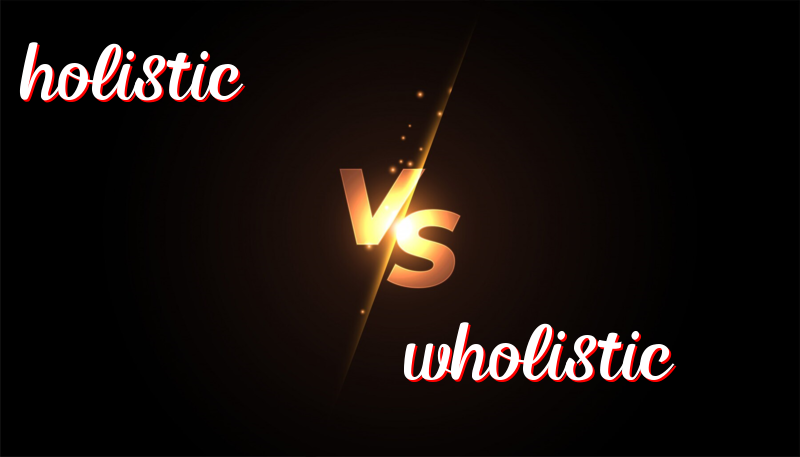Understanding the Difference Between Holistic and Wholistic
Holistic vs. Wholistic
Both words, holistic and wholistic, sound the same and look alike. But they are a bit different. Let’s learn about these two words!
History
The word holistic comes from the Greek word “holos,” which means whole. It is used since the 1920s. The word wholistic is a newer form and just a variant of holistic, related to the word “whole.”
How to Use Them
Holistic is used more often. It means caring for the whole thing, not just parts. You see it mostly in health and well-being ideas.
Wholistic means the same thing but is less common. It is just another way to say holistic. Some people like to use it to show the idea of wholeness clearly.
Trick to Remember the Difference
Think of holistic as the original, main word. Use it for most things. If you remember “whole” starts with a “w,” you can also think “wholistic” means whole but use it less often.
Examples for Holistic
1. The doctor has a holistic approach to healing.
2. Yoga is part of a holistic lifestyle.
3. Her diet plan is very holistic.
4. They have a holistic view of education.
5. A holistic approach treats the mind and body together.
Examples for Wholistic
1. She believes in a wholistic approach to fitness.
2. The wholistic model cares for body, mind, and soul.
3. Our school uses wholistic methods for teaching.
4. A wholistic plan can improve overall health.
5. The wholistic healing includes natural remedies.
Summary
Both holistic and wholistic mean looking at the whole thing, not just parts. Holistic is more common and used more often. Wholistic is the same but less used. Now you know how to use both words!

Leave a Reply
You must be logged in to post a comment.